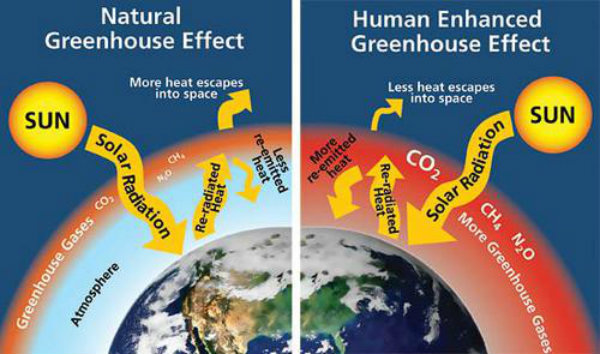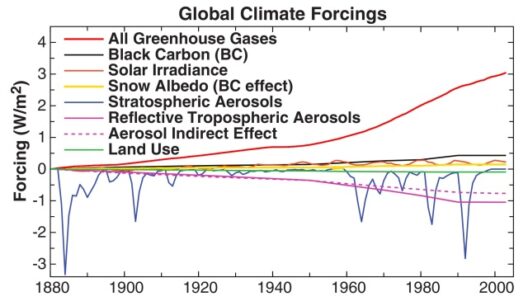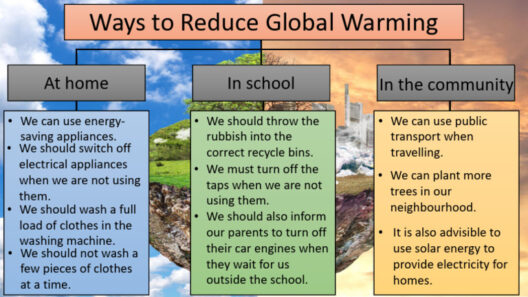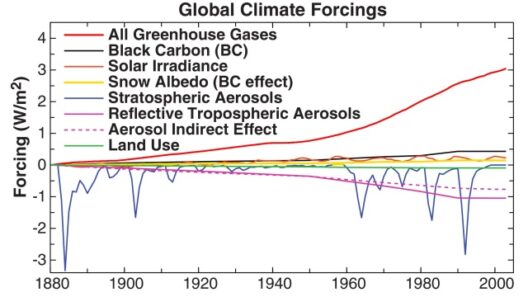Climate change is an omnipresent topic in contemporary discourse. It encompasses a myriad of issues, from greenhouse gas emissions to pollution, and its consequences on terrestrial and aquatic ecosystems. But amidst the gravitas of these discussions, we pose an unexpected question: Is there a link between global warming and human flatulence? While this may seem like a light-hearted inquiry, it unveils substantial connections to the broader theme of human impact on environmental integrity.
To navigate this unconventional topic, it is essential first to grasp the biology of flatulence. Gas is produced in the human gastrointestinal tract as a result of digestion. This process is multifaceted and can be influenced by several factors, including diet, gut microbiome composition, and individual metabolic rates. Foods rich in fiber, such as beans, cabbage, and whole grains, are known to produce higher levels of gas. Furthermore, the fermentation of undigested carbohydrates by gut bacteria yields various gases, including methane and carbon dioxide.
Methane, in particular, is worth noting. This potent greenhouse gas has a global warming potential over twenty times greater than carbon dioxide over a 100-year period. Concerningly, methane emissions from anthropogenic activities have surged significantly. Thus, the question arises: do our dietary choices related to human flatulence contribute to this issue?
When considering the implications of dietary habits, it is crucial to recognize that livestock farming is a predominant source of methane emissions. Ruminant animals such as cows and sheep produce methane through enteric fermentation. The digestion of fibrous plant materials results in the release of methane as a byproduct. Oddly enough, a reduction in the consumption of meat and dairy products could mitigate methane emissions significantly. Thus, it brings forth an intriguing challenge: Should we, as individuals, rethink our diets not just for health but also for environmental sustainability?
Shifting our focus back to human flatulence, we find that while collective human flatulence may generate lesser amounts of methane relative to livestock, it still presents a quantifiable impact when considering the global population. Estimates suggest that an average adult produces around half a liter of intestinal gas daily. To put it into context, if we conservatively extrapolate this figure to encompass world population data, it would astonishingly translate to millions of liters of gas, some of which is methane.
This raises the question of whether more research should be directed toward the impact of human diets on greenhouse gas emissions. Are we inadvertently contributing to global warming through our choices, even in seemingly trivial aspects of life such as our digestive processes? Although anthropogenic flatulence is not the main culprit of climate change, it is symbolic of the larger conversation surrounding consumption and waste.
Moreover, this playful inquiry leads to a more serious exploration of food choices and environmental footprints. The debate surrounding plant-based diets has garnered traction in recent years, positing that a decrease in meat consumption may alleviate not only methane emissions from livestock but also lessen overall carbon footprints associated with food production. A diet high in legumes and whole foods may paradoxically produce more flatulence, yet it is associated with lower environmental impacts than a heavy meat-based diet.
In essence, we encounter a paradox, where the gas-inducing nature of plant-rich diets could contribute positively to the fight against global warming while still eliciting occasional social embarrassment. It becomes apparent that the narratives we weave about our meals and digestion have profound implications. Challenging societal norms surrounding ‘acceptable’ diets is crucial; the benefits of plant-based diets extend beyond individual health into the realm of environmental stewardship.
Addressing the broader question of flatulence and climate change leads us to consider policy implications as well. Governments and institutions worldwide possess the power to enact change. By promoting sustainable agricultural practices and plant-based initiatives, they can cultivate a society that fosters both environmental care and personal well-being. Education programs aimed at enlightening consumers about food origins and emissions produced could effectively shift dietary trends in favor of more sustainable options.
Additionally, an exploration of human flatulence in environmental dialogues could enliven discussions. Open conversations about emissions should encompass all facets of human life, including diet, digestion, and even the humor intertwined within these topics. Integrating such topics into educational curricula could spark interest and awareness, propelling the climate action movement forward with zeal rather than guilt.
In conclusion, although the linkage between human flatulence and global warming may seem whimsical at first glance, it traverses significant territory. It highlights how personal decisions contribute to broader ecological ramifications and invites critical reflection on consumption patterns. As we tilt toward a more sustainable future, every aspect, including seemingly trivial matters such as our flatulence, deserves thoughtful consideration. Thus, the challenge lies before us: to embrace dietary choices that not only foster personal health but also serve as a commitment to safeguarding our planet for generations to come.








